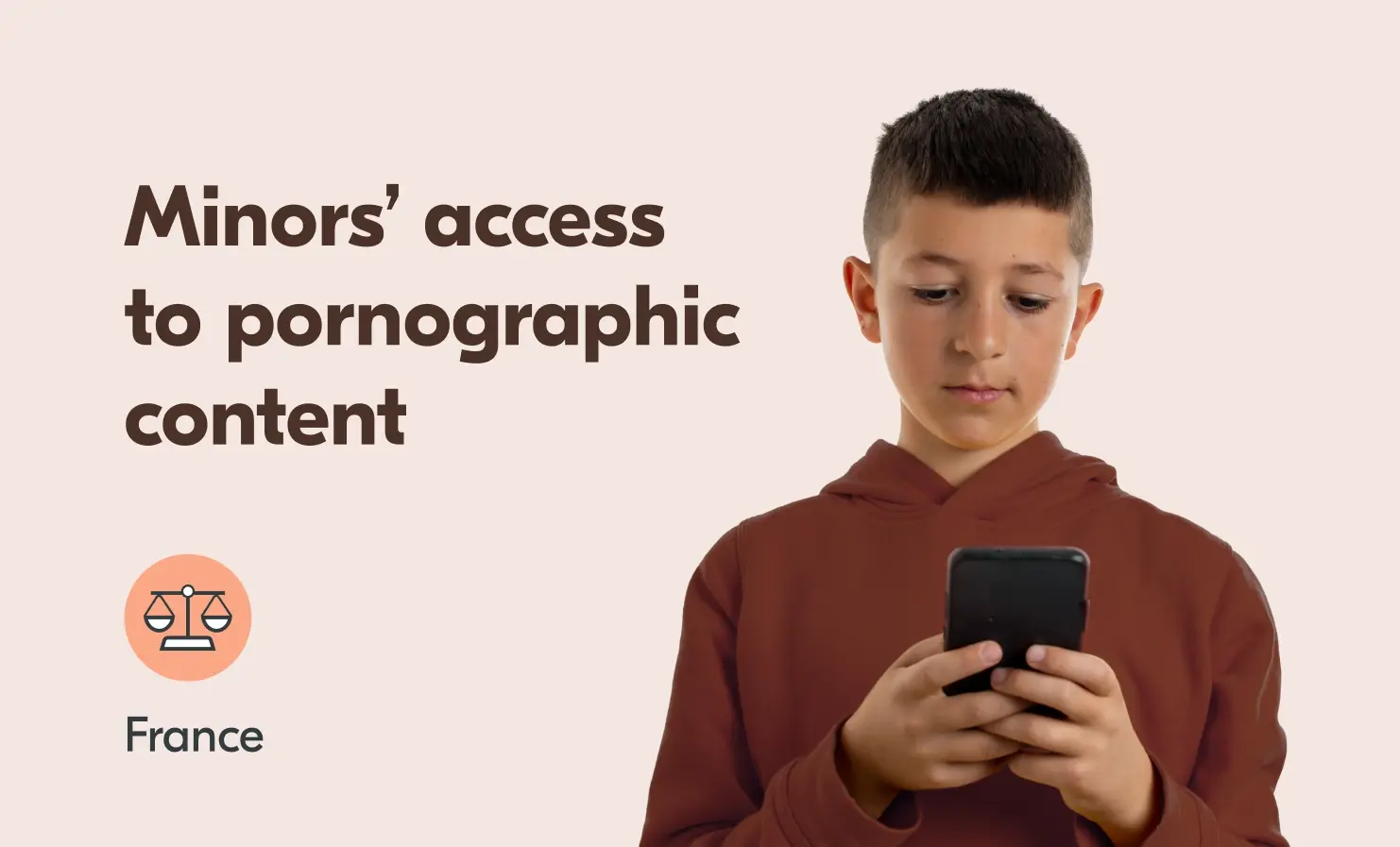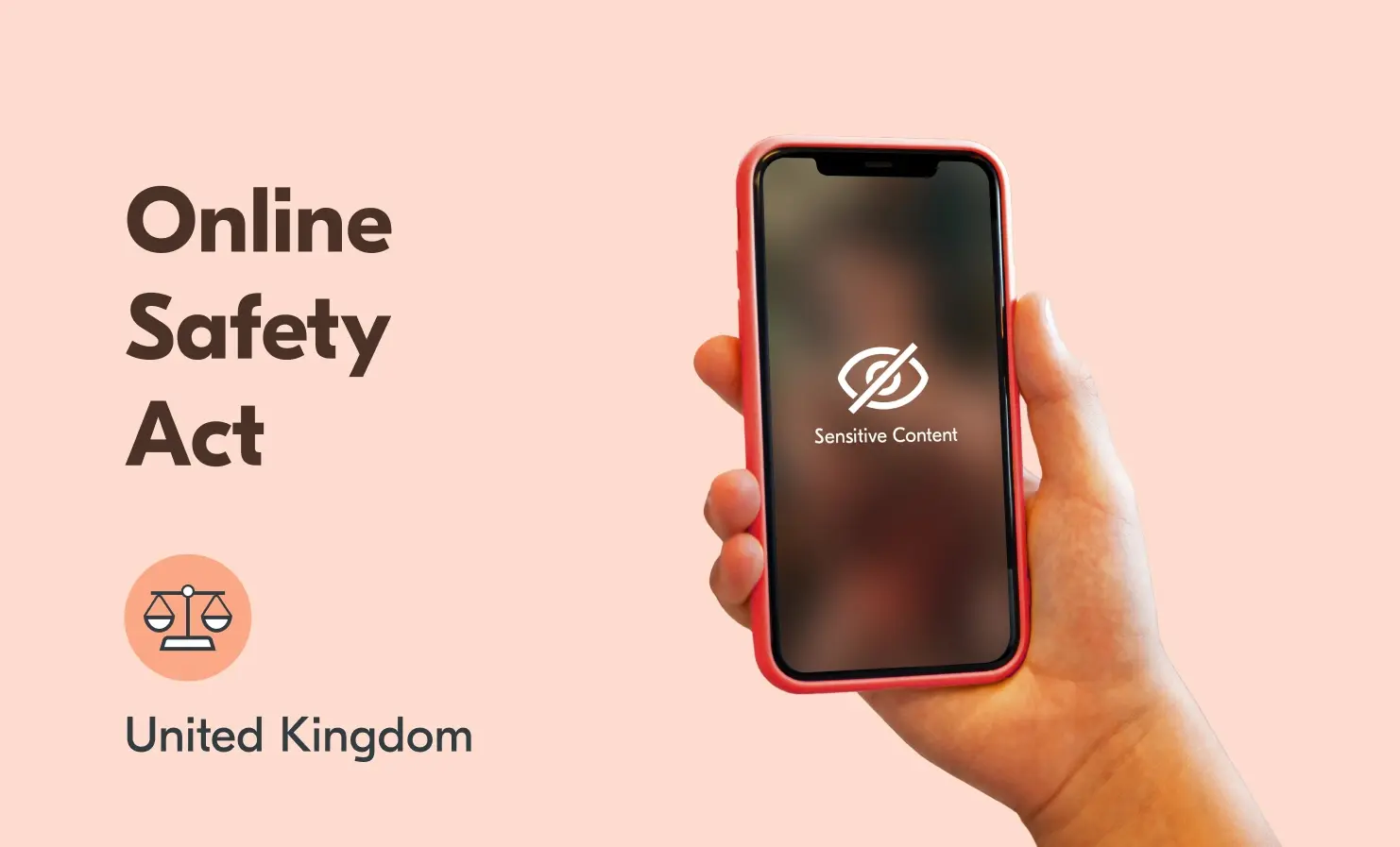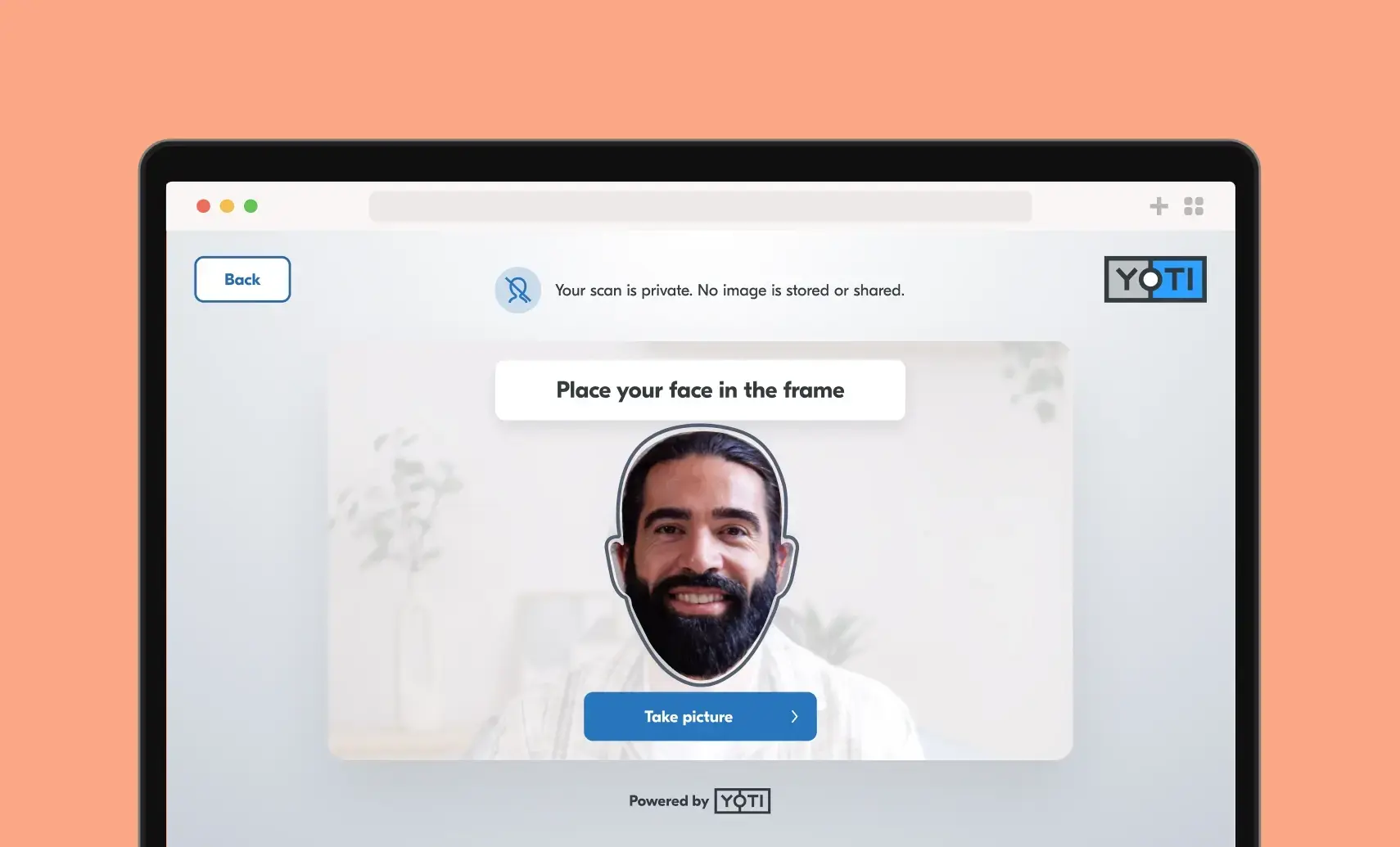Articles
Understanding the UK’s new Data Bill
The Data (Use and Access) Bill, known more simply as the “Data Bill”, is a landmark piece of UK legislation that aims to reshape how individuals and businesses interact with digital data. It will introduce provisions for a national digital identity trust framework, helping to foster trust in digital identities by ensuring that businesses adhere to strict standards during digital transactions. This blog gives an overview of the Data Bill and what this means for digital identities in the UK. Why has the Government introduced the Data Bill? The Government has said that the Bill will “unlock the
French regulator Arcom introduces age checks for online adult content
In October 2024, Arcom, the French regulator responsible for online porn, announced that adult operators and platforms with pornographic content need to introduce age checks, ensuring only adults can access the content. These rules are effective from 11th January 2025. There will be a three month transitional period, where temporary methods like bank card verification can be used as a preliminary age filter, but they must include strong authentication to ensure that the user is the cardholder. After the transitional period ends on 11 April 2025, adult site operators will need to have taken the following steps: Age checks
Understanding age assurance in the Online Safety Act
The Online Safety Act 2023 is a piece of UK legislation that aims to protect children and adults online. It covers a wide range of issues including minimising the risk of children seeing harmful and age-inappropriate content, removing illegal content like child sexual abuse material (CSAM), criminalising fraudulent and scam ads, and introducing age verification for certain online services. This blog looks at some of the age requirements in the Online Safety Act and what this means for tech companies, adult sites, gaming companies, social media platforms and dating sites. What is the purpose of the Online Safety
Welcoming the new Regulatory Innovation Office
This week, the UK Government announced the creation of the new Regulatory Innovation Office – a move we welcome here at Yoti. Bringing new tech to market is often slowed down, or even blocked, due to outdated regulations or a lack of existing bodies to help support and facilitate the introduction of the new technology or co-ordinate its joint recognition. Recognising that this is a barrier to innovation, the Government will introduce the Regulatory Innovation Office (RIO). The Regulatory Innovation Office will sit under the Department for Science, Innovation and Technology (DSIT). It aims to help regulators facilitate economic
How accurate is facial age estimation?
“How accurate is it?” is the first question regulators, businesses and users tend to ask about facial age estimation. To date, we have mainly presented the technology’s Mean Absolute Error (MAE) as a proxy for accuracy. It’s an intuitive way to understand how accurate a model is. We can say it’s accurate to 1.3 MAE for those aged between 13 and 17 years or 2.5 MAE for those aged between 6 and 70 years. However, the answer is slightly more complicated. Following the COVID-19 pandemic, many people will be more aware of the terms ‘true positive’ and ‘false negative’
Thoughts from our CEO
In this blog series, our CEO Robin Tombs will be sharing his experience, whilst focusing on major themes, news and issues in the world of identity verification and age assurance. This month, Robin chats about the popularity of digital right to work checks, the new Teen Accounts on Instagram, why facial age estimation is effective for children, intimate image abuse and responds to another misleading Crikey article. 34% of people choose Digital ID to prove their identity for DBS checks Since June 2022, Yoti has completed over 1.6 million right to work (RTW) checks and over 0.93 million






